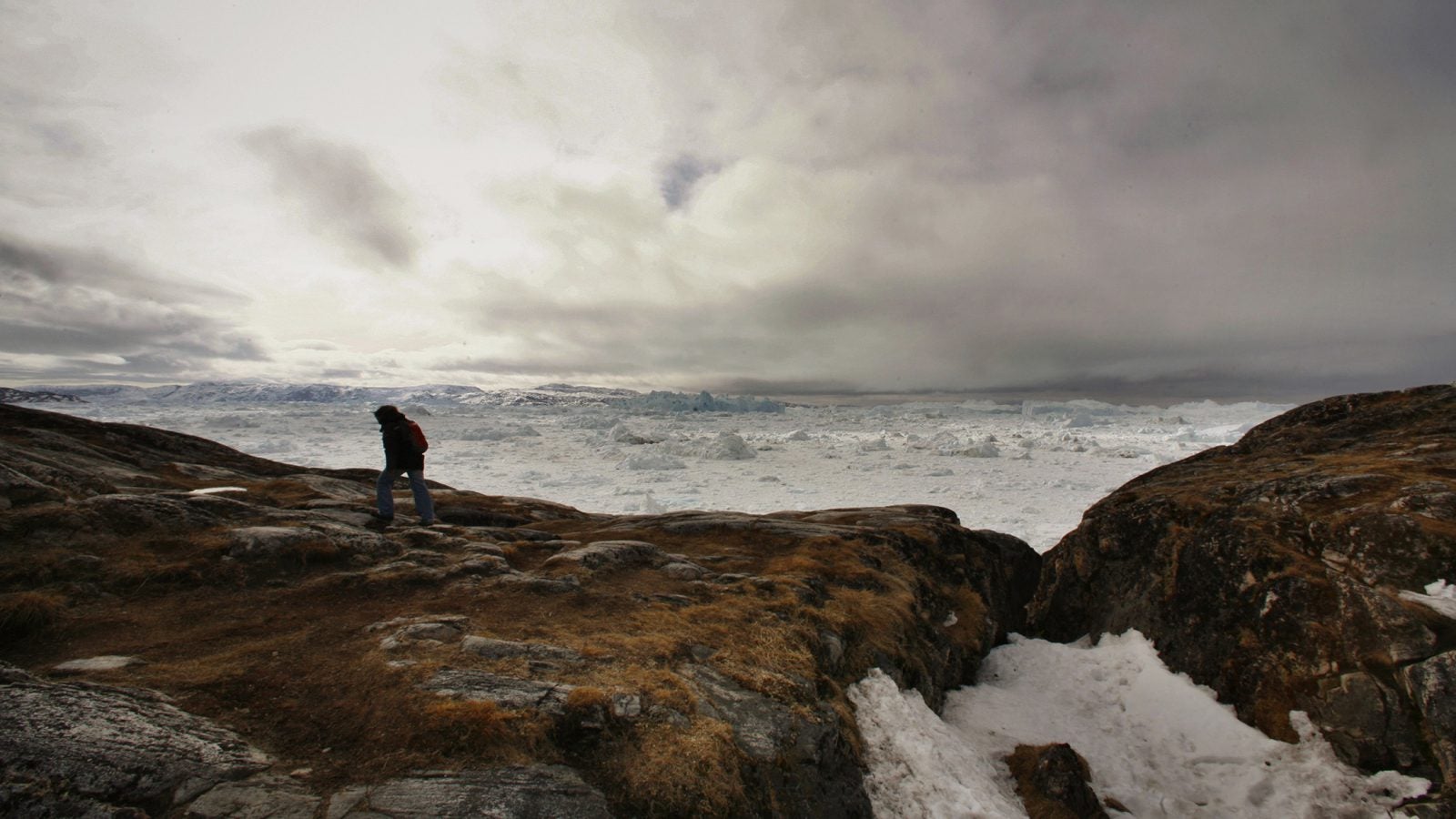There’s a good reason why Nordic people look so damn healthy
Iceland, Norway, and the rest of the Nordic countries are making the rest of Europe look like a continent of couch potatoes.


Iceland, Norway, and the rest of the Nordic countries are making the rest of Europe look like a continent of couch potatoes.
Way more people in those countries than in the rest of Europe do the recommended minimum amount of exercise, according to 2014 data from Eurostat: Two-and-a-half hours per week. In fact, more than half do so across Iceland and Scandinavia:
The stark difference may be due in part to northern Europeans’ love of the outdoors. Studies have found that exercising outdoors makes people move differently and, potentially, continue activities longer. A separate 2014 study, also by Eurostat, asked people who exercised where they generally did their training. Finns were the most likely to say they exercised in a park or outdoors, while half or more of Swedes and Danes also said they used the great outdoors. (That survey excluded Norway and Iceland, which aren’t in the European Union.)
Not every person in the Nordics is a fjord-swimming, cross-country skiing enthusiast, but encountering the natural world is a big part of Nordic culture, even though that world can often be tough—especially in the winter, when it’s cold and dark for much of the day. One recent theory suggests many humans today are crucially lacking that toughness, and that we crave it.
In overall measures of healthy life years, some of the Nordic countries are among the highest in Europe, but they’re not all up there. One reason for this might be historical problems with high alcohol use. But evidence from Finland shows that’s on the decline, while Swedish young people are increasingly less focused on alcohol and more on working out.
It’s also likely no coincidence that the Scandinavian countries, Finland, and Iceland tend to score high on measures of happiness and wellbeing. Research shows that physical activity leads to better moods. The Nordics could be proof of that on a national scale.